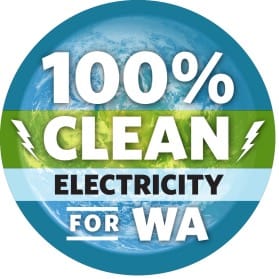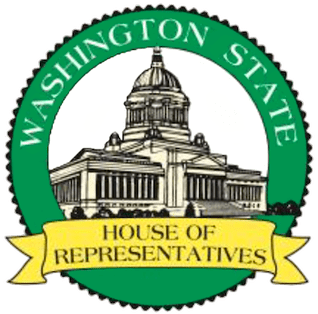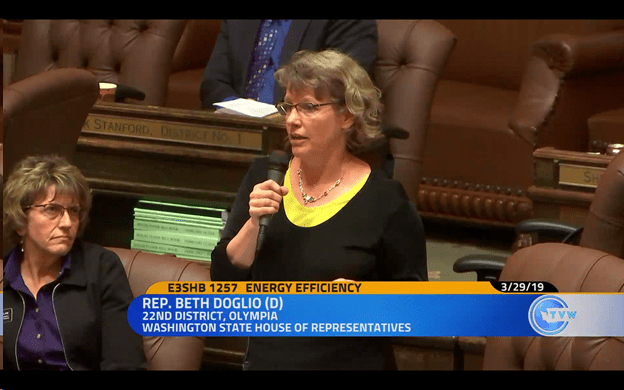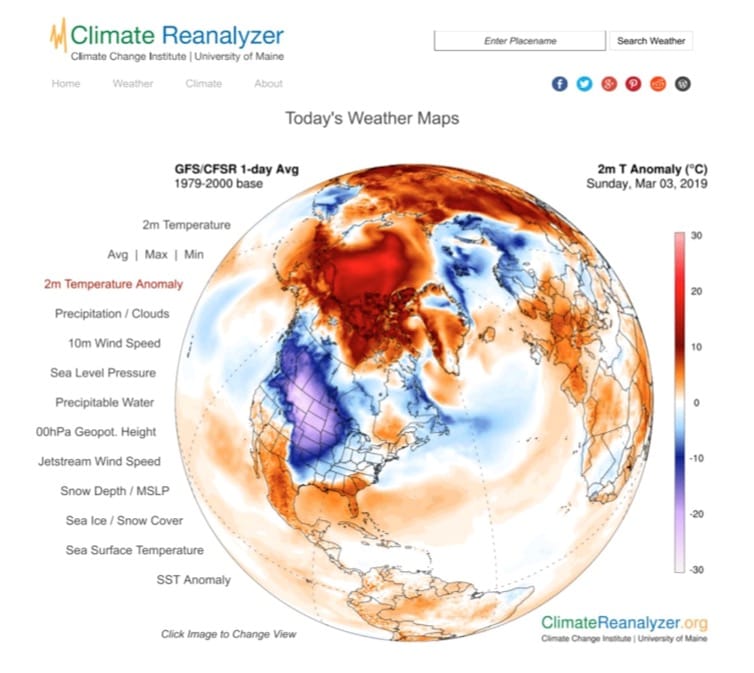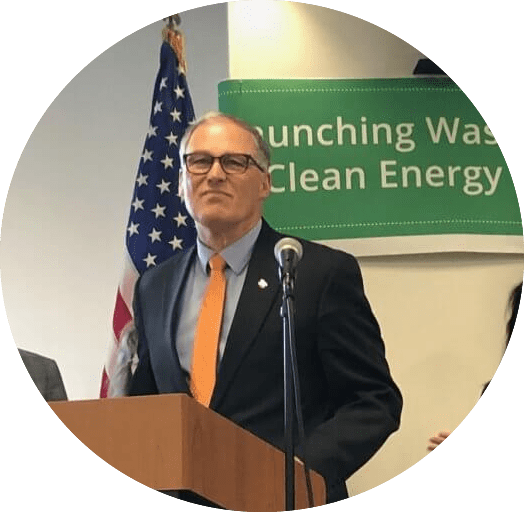Policy
Please join us in celebrating!
(Nancy is traveling, but she asked me to send the following message on her behalf. S.O’L.) Hi, After a long time and a great deal of effort, just now, the Washington legislature passed…
The need for lower Snake River dam stakeholder forum
The Seattle Times has published an op-ed titled, “Restore the Snake River? Stakeholder talks are the right next step” by Sam Mace of Coalition member Save Our wild Salmon. Sam…
Clean energy on a roll in Washington legislature
Buildings and Appliance bills pass WA Senate Climate bills on a winning streak in Olympia The Washington legislature is well on its way to passing an unprecedented body of climate…
WA House passes 100% Clean Electricity
Today, SB 5116, the 100% Clean Electricity bill, passed the Washington House of Representatives by a vote of 56-42.The bill will now go back to the Senate, which has already…
House passes WA Clean Buildings bill
House passes Washington Clean Buildings bill Key piece of Governor Jay Inslee’s climate package advances OLYMPIA, WASHINGTON — Last night’s passage of the Clean Buildings for Washington Act (HB 1257)…
Double Squeeze: Arctic Express, system constraints skyrocket NW wholesale energy prices
More clean energy solutions, less reliance on gas needed to meet peak energy needs When discussing electric system affordability and reliability, natural gas is often portrayed as a guarantor of…
Inequities in the energy system: new white paper explores issues and opportunities
“Families in America with the least means pay disproportionately more for their electricity, sometimes lacking basic access to service altogether.” That’s the finding and the starting point for a new…
DOE attacks efficiency standards and hundreds of millions of dollars in savings
Within hours of Trump administration appointee Daniel Simmons taking over the the Office of Energy Efficiency and Renewable Energy, the Department of Energy renewed efforts to block or roll back…
WA Senate committee hears testimony on Clean Buildings bill
State emission goals depend on clean buildings SB 5293 will make homes and buildings more efficient and stimulate jobs Olympia, WA – Washington can’t meet its greenhouse gas reduction goals…
Washington’s 100% Clean Electricity Bill Has Its First Hearing
Today, Joni Bosh, Senior Policy Analyst at the NW Energy Coalition, testified in support of Senate Bill 5116, the 100% Clean Electricity Bill, before the Washington Senate Environment, Energy, and…


